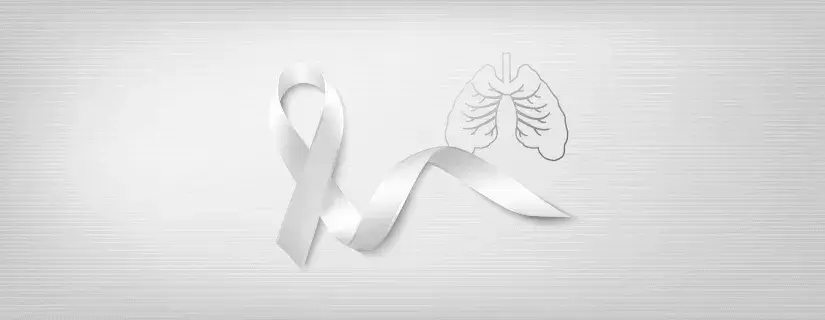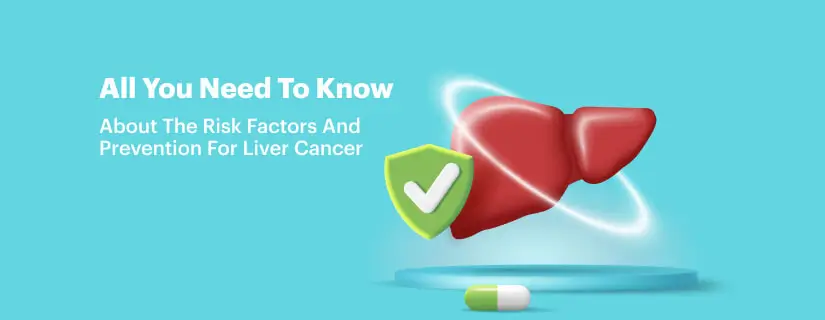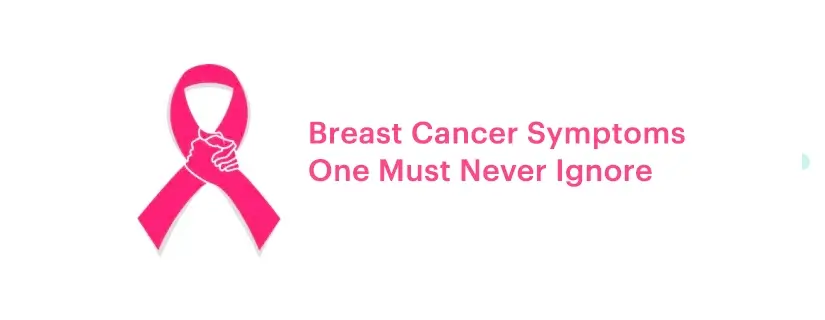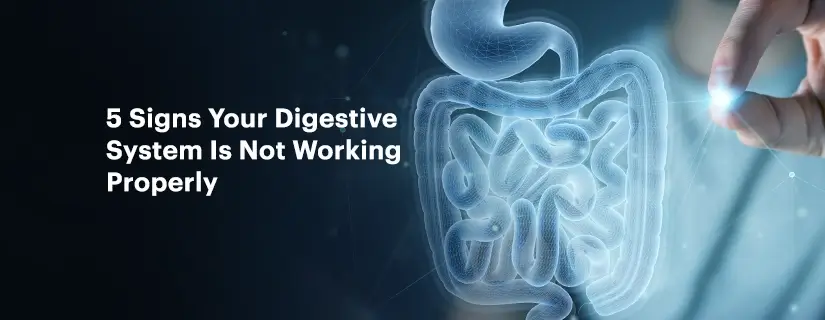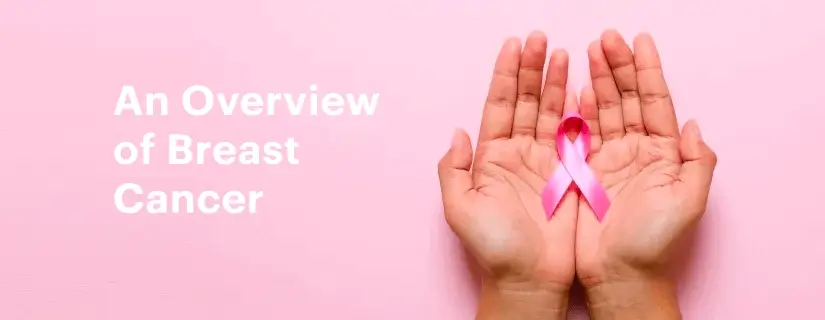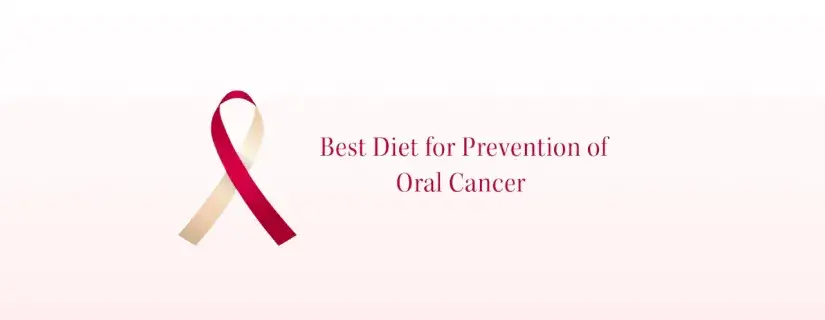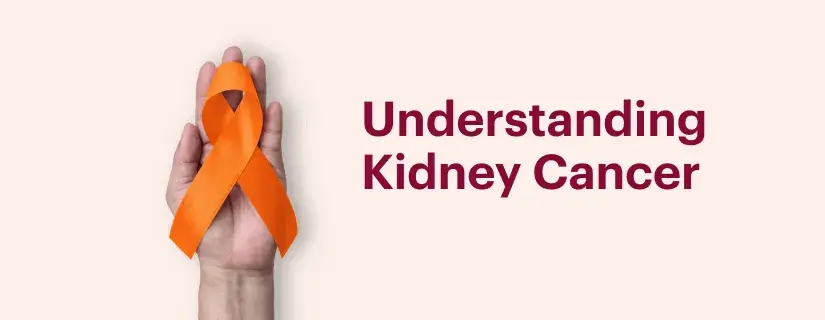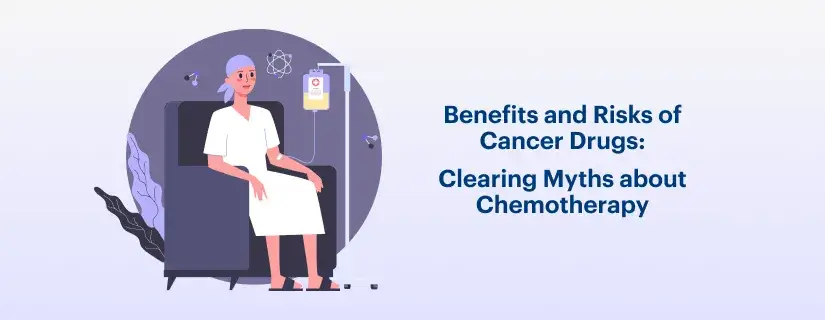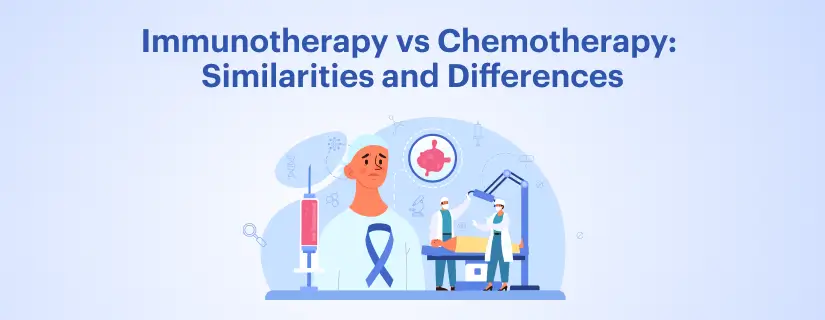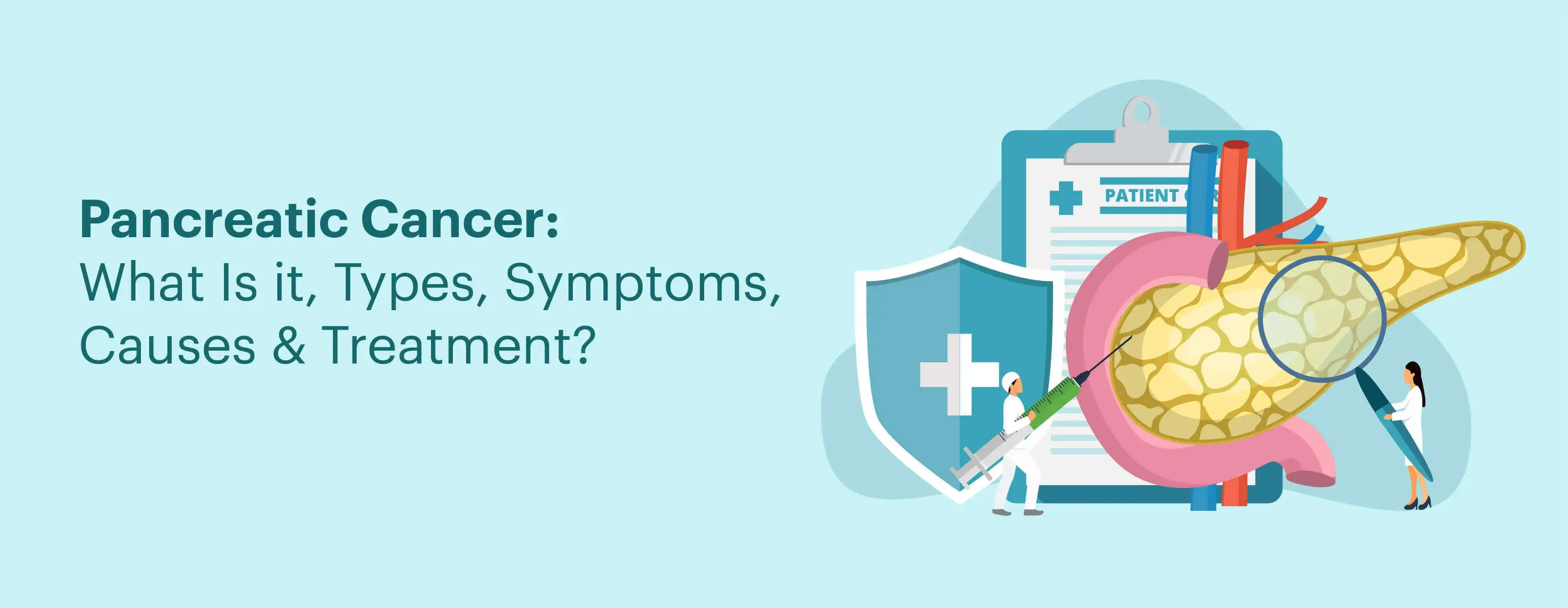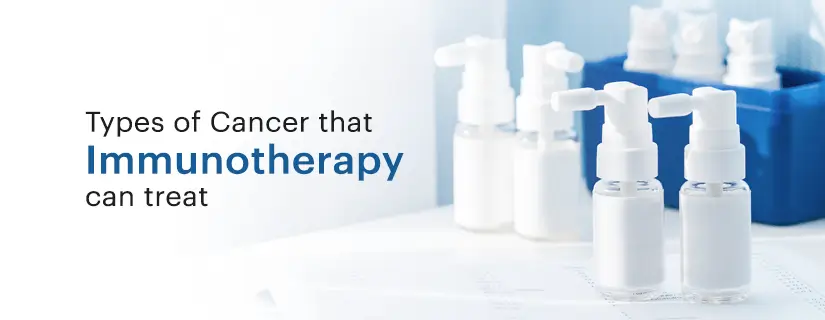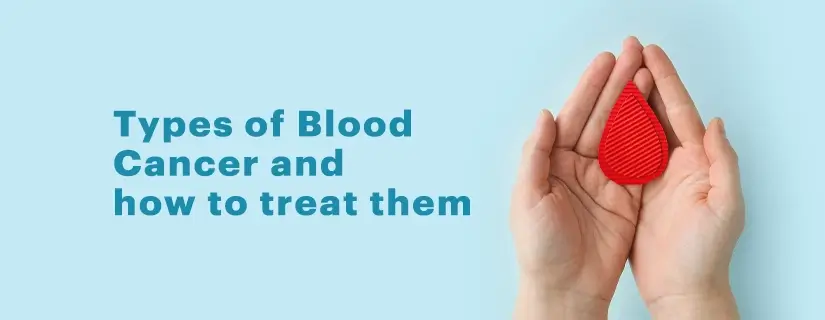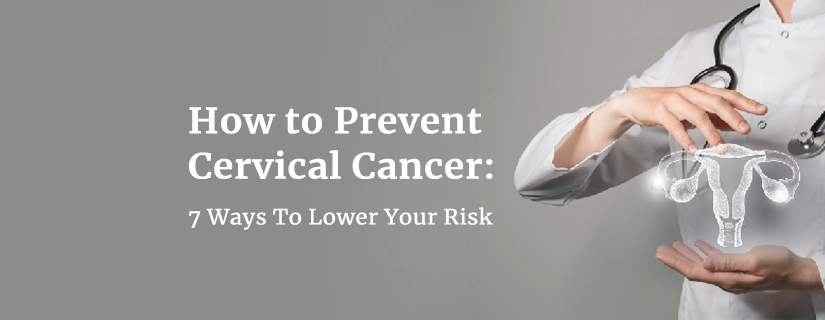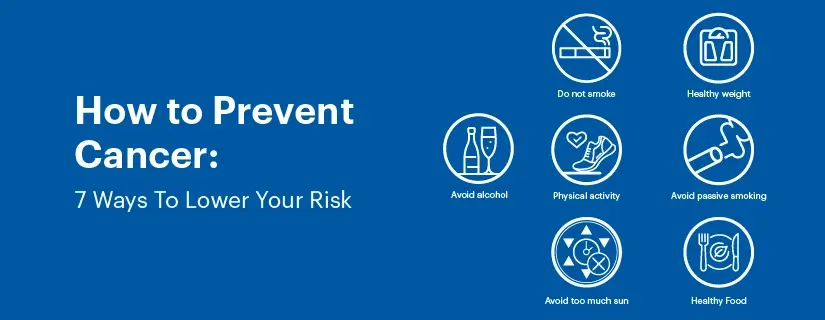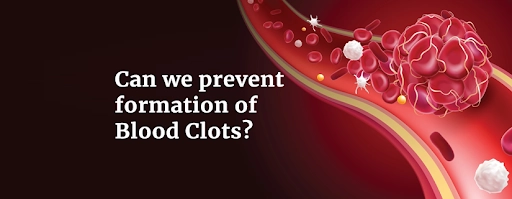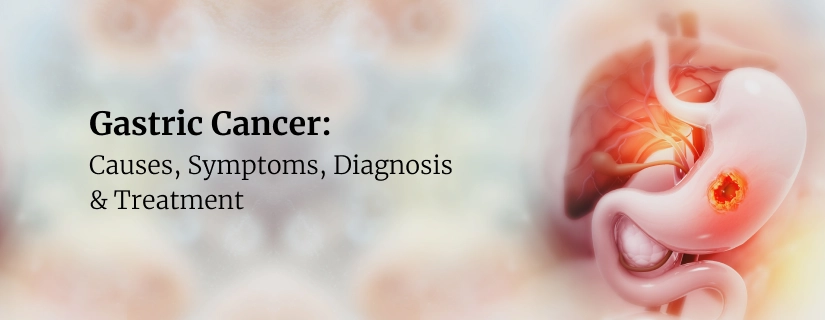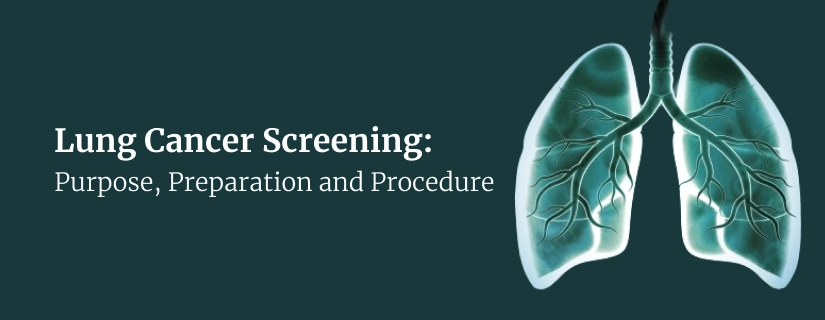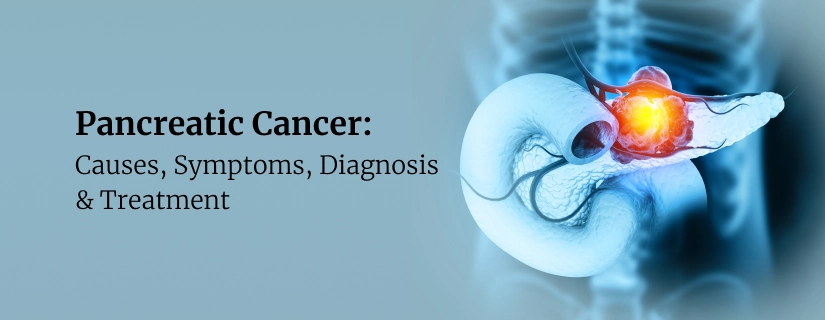-
Doctors
-
Specialities & Treatments
Centre of Excellence
Specialties
Treatments and Procedures
Hospitals & Directions HyderabadCARE Hospitals, Banjara Hills CARE Outpatient Centre, Banjara Hills CARE Hospitals, HITEC City CARE Hospitals, Nampally Gurunanak CARE Hospitals, Musheerabad CARE Hospitals Outpatient Centre, HITEC City CARE Hospitals, Malakpet
HyderabadCARE Hospitals, Banjara Hills CARE Outpatient Centre, Banjara Hills CARE Hospitals, HITEC City CARE Hospitals, Nampally Gurunanak CARE Hospitals, Musheerabad CARE Hospitals Outpatient Centre, HITEC City CARE Hospitals, Malakpet Raipur
Raipur
 Bhubaneswar
Bhubaneswar Visakhapatnam
Visakhapatnam
 Nagpur
Nagpur
 Indore
Indore
 Chh. Sambhajinagar
Chh. SambhajinagarClinics & Medical Centers
Book an AppointmentContact Us
Online Lab Reports
Book an Appointment
Consult Super-Specialist Doctors at CARE Hospitals
10 Tips to Prevent Prostate Cancer
Updated on 8 September 2022
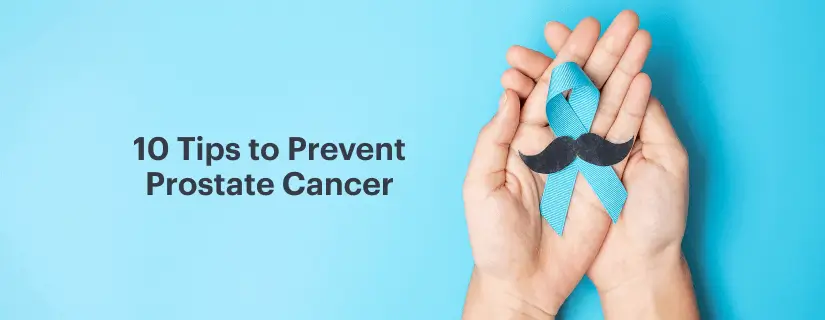
Table of Content
Prostate cancer is one of the most common types of cancer among male patients all around the world. If you're wondering how to avoid prostate cancer, it's essential to note that it is the second-most common cause of death in men, with lung cancer being the primary reason. Prostate cancer can impact individuals of any age, but the majority of cases are observed in men above 50 years.
Talking about the ways to prevent prostate cancer, there are tips that one can follow to reduce the risk of developing prostate cancer. The most important thing to do to reduce cancer risk is to maintain a healthy body weight (BMI). To do this, one must do regular exercise and pay keen attention to the diet one is having.
Keeping the body healthy is a sure-shot way to prevent any kind of disease. Now, let’s get onto the tips.
Tips to Prevent Prostate Cancer
Here are some tips to prevent prostate cancer:
1. Eat Red Fruits and Vegetables
There are ample red fruits like watermelons, tomatoes, beetroot, etc that contain lycopene, which is an extremely powerful antioxidant. It has been proved that Lycopene can reduce the progression and the growth of prostate cancer cells in the body. Thus, one must include these red fruits and vegetables in the diet.
Eating cooked tomatoes more than 4 times a week can result in a 28% reduced risk of cancer as compared to other cooked foods. Just keep in mind – the redder the fruit, the more lycopene it contains!
2. Add Citrus to make your diet healthy
Eating fresh citrus fruit is an important aspect of a balanced diet. It might help in lowering the risk of prostate cancer. According to stats, it has been seen that people who consumed the highest amount of citrus fruits have minimal or no risk of prostate cancer. Here are some fruits that one can try!
- Oranges
- Grapefruit
- Lemons
- Lime
- Lemon
- Tangerine
- Yuzu
- Mandarin oranges
3. Eat Soybeans & Tea
Isoflavone is a nutrient that has been considered to reduce the risk of cancer in Humans. This nutrient is found in tofu, chickpeas, lentils, peanuts, etc. It is best to add these things to your diet.
Along with these, herbal tea like green tea is proven to eliminate the risk of prostate cancer. According to a study, it has been found that men who drank green tea had lower risks of getting prostate cancer. Having four to five cups a day can reduce or eliminate the risk.
4. Coffee
If you are a coffee lover, then there’s no need to worry! Drinking coffee has a proven effect on reducing the risk of prostate cancer. Drinking 4-5 cups of coffee daily can reduce the risk of high-grade cancers. It has been found that every three cups of coffee reduce prostate cancer risk by about 11%.
Note: Keep in mind that high doses of caffeine can cause side effects like stomach ache, rapid heart rate, and trouble sleeping.
5. Limit the Intake of Fat
There is a close link between saturated fats, animal fat, and prostate cancer. Along with meat, animal fats are found in butter, cheese, cakes, pastries, and other sources. To reduce the risk of prostate cancer, it is essential to replace saturated fat and animal fat with plant-based fats. For instance, you can use olive oil instead of butter, fruits instead of candy, and nuts instead of cheese. Also, avoid overcooking meat as it can also lead to prostate cancer.
6. Quit Smoking
If you are smoking, then you must quit it right now! Smoking and prostate cancer are related in one way or the other. Smoking has led to a rise in death rates because people are at a higher risk of getting prostate cancer. If you are eating healthy food but smoking day and night, then it’s of no use. It is important to adopt a completely healthy lifestyle. It has been proved that people who quit smoking have a much lower risk of getting prostate cancer and other cancers.
7. Follow an Exercise Regime
If you are overweight or obese, then there are high chances of prostate cancer and even other heart and lung issues. Being overweight can negatively affect the body. Prostate cancer can progress and recur in individuals having a large waistline. This is when exercises come into the picture. Regular exercise prevents most cancers including prostate cancer. Regular exercises can help one manage their weight. There are benefits of exercises like improved cardiovascular health, better metabolism, increased muscle mass, etc. Do exercises like cycling, walking, swimming, bicycling, etc., as it will help maintain a healthy BMI.
8. Talk to a Doctor
Early diagnosis leads to almost 100 % cure. One must know the symptoms of prostate cancer. Here are the symptoms suggestive of prostate cancer. You need to see a doctor at the Best urology hospital in Hyderabad immediately if any of these are present.
- Increase frequency of urination
- Weak urine stream
- Pain while urinating
- Feeling the bladder isn’t empty after urinating
- Passing of blood in the urine
- Discomfort or pain in the lower abdomen
Ask your doctor if you have any of the mentioned symptoms.
9. Increase Vitamin D
Most people don’t get ample Vitamin D. Vitamin D helps one in protecting from prostate cancer and other medical conditions. A person must include Vitamin D foods like salmon, cod liver oil, dried mushrooms, etc. Also, one must go out in the sun to sunbathe to get direct Vitamin D. If you wish to take any Vitamin D supplements, then it’s better to talk to a doctor first.
10. Stay Sexually Active
Sexually active men have less risk of prostate cancer. It is important to note that ejaculation clears the body's toxins and other unwanted substances that can cause inflammation and ultimately lead to prostate cancer.
So, these are some of the tips that can help one in preventing prostate cancer. Being the most common type of cancer, one must know how to prevent it. To reduce or eliminate the risk, it is best to have a healthy lifestyle. Being healthy will help you get rid of any ailment.
Talk to the best urologist in Hyderabad if you feel pain in the pelvic region or experience any other symptoms!
Talk with a doctor
Consult your healthcare provider regarding your prostate cancer risk. Key points for discussion include:
- Age-Appropriate Screening Tests: Inquire about recommended medical screenings as you age to assess your prostate health.
- Cancer History: Share any personal or family history of cancer to help assess your risk.
- Health and Dietary Guidance: Seek advice on dietary and lifestyle recommendations that can promote prostate health.
Also, inform your doctor if you're encountering potential prostate cancer symptoms, such as:
1. Urinary issues like:
- A weak urine stream or difficulty starting to urinate.
- Frequent or sudden urges to urinate.
- Painful or burning sensations during urination.
- A feeling of incomplete bladder emptying.
- Blood in urine or semen.
2. Persistent discomfort or pain in the pelvis, hips, or back.
3. Difficulty achieving or maintaining an erection.
Talk to the best urologist in Hyderabad if you feel pain in the pelvic region or experience any other symptoms!
Maintaining open communication with your healthcare provider is vital for addressing potential prostate health concerns.
FAQs
1. What are the other risk factors for prostate cancer?
In addition to the factors mentioned earlier, there are other established risk factors for prostate cancer. These include:
- Age: Prostate cancer risk increases with age, with the majority of diagnoses occurring in men over 65 years old.
- Family History: Having a close blood relative, like a father or brother, with prostate cancer raises your own risk.
- Race: Prostate cancer is more prevalent in African American men, although the exact reasons remain unclear and require further research.
- Genetic Changes: Inherited genetic mutations, such as those in the BRCA1 and BRCA2 genes, can increase the risk of prostate cancer. Men with Lynch syndrome, an inherited condition, are also at greater risk.
2. What types of treatments are used for prostate cancer?
Prostate cancer treatment options depend on factors like the cancer's stage, grade, and the patient's overall health. Common treatments include:
- Surgery: Removing the prostate gland (prostatectomy) to eliminate cancer.
- Radiation Therapy: Using high-energy rays to target and kill cancer cells.
- Hormone Therapy: Lowering male hormones (androgens) to slow cancer growth.
- Chemotherapy: Administering drugs to kill cancer cells, often used for advanced cases.
- Immunotherapy: Stimulating the immune system to fight cancer.
- Targeted Therapy: Blocking specific molecules involved in cancer growth.
- Cryotherapy: Freezing cancer cells.
- High-Intensity Focused Ultrasound (HIFU): Using ultrasound waves to destroy cancer cells.
3. How do I keep my prostate healthy?
To maintain prostate health, incorporate these habits into your daily life:
- Engage in Regular Exercise: Make an effort to work out most days of the week, with guidance from your doctor on suitable exercise routines.
- Adopt a Balanced Diet: Consume a well-rounded diet, emphasizing whole grains, fresh fruits, vegetables, and lean proteins. Reduce your consumption of red meats and foods high in sugar, refined carbs, or unhealthy fats.
- Manage Weight: If you're overweight or obese, it's crucial to take measures to control your weight. Seek advice from your healthcare provider for safe weight management strategies.
4. What are the symptoms of prostate cancer?
Early prostate cancer often has no symptoms. As it progresses, symptoms may include frequent urination, difficulty urinating, blood in the urine or semen, pain in the pelvis or lower back, and erectile dysfunction.
5. How is prostate cancer diagnosed?
Diagnosis typically involves a combination of a digital rectal exam (DRE) and a blood test for prostate-specific antigen (PSA). Further tests, such as a biopsy, may be done if these results are abnormal.

ENQUIRY FORM
SELECT CATEGORIES
-
Neurosciences (16)
-
Neurology (38)
-
Neurosurgery (14)
-
Orthopaedics (48)
-
Oncology (33)
-
Obstetrics and gynecology (52)
-
Pulmonology (23)
-
Urology (20)
-
Nephrology (13)
-
Psychiatry (7)
-
Dietetics and Nutrition (111)
-
General Medicine (63)
-
Cardiac Sciences (32)
-
Vascular & Endovascular Surgery and Interventional Radiology (15)
-
Gastroenterology (46)
-
Endocrinology (23)
-
Plastic Surgery (10)
-
Critical Care Medicine (5)
-
COVID-19 (16)
-
Dermatology (16)
-
Emergency Care (1)
-
Ophthalmology (4)
-
Pediatrics (14)
-
Laparoscopic and Bariatric Surgery (8)
-
ENT (15)
-
Kidney Transplant (1)
-
Liver Transplantation and Hepatobiliary Surgery (5)
-
General Surgery (3)
-
Internal Medicine (5)
-
Medicine Information
Sarcoma: Types, Causes, Symptoms, and Treatment
9 Tips to Prevent Colorectal Cancer
YOU MAY ALSO LIKE
RECENT BLOGS
-

Rotablation Angioplasty: Benefits, Treatments, And Recovery Time
6 February 2026
Read More
-

What Is The Difference Between IUI and IVF?
6 February 2026
Read More
-
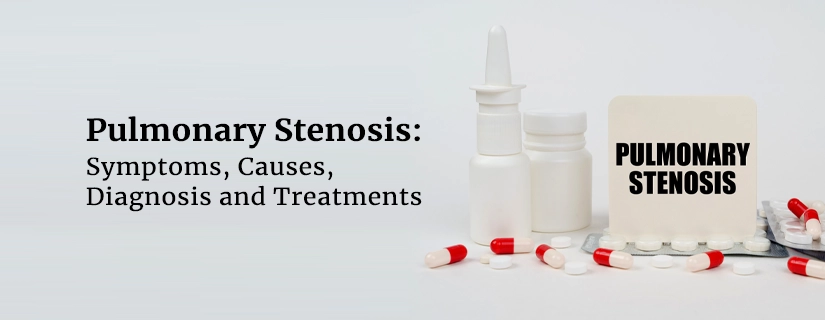
Pulmonary Stenosis: Symptoms, Causes, Diagnosis and Treatments
6 February 2026
Read More
-

Difference between Angioplasty and Angiography
6 February 2026
Read More
-
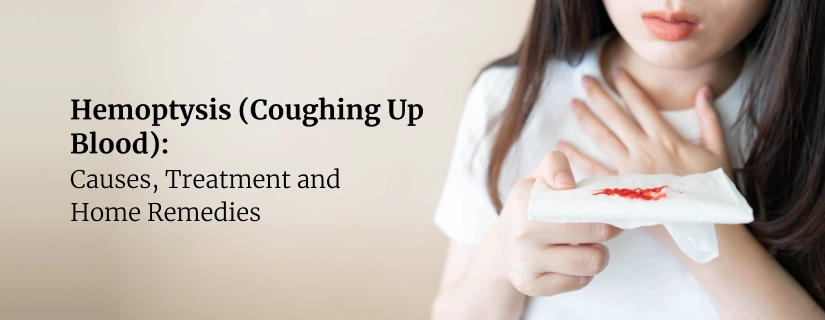
Hemoptysis (Coughing Up Blood): Causes, Treatment and Home Remedies
2 February 2026
Read More
-
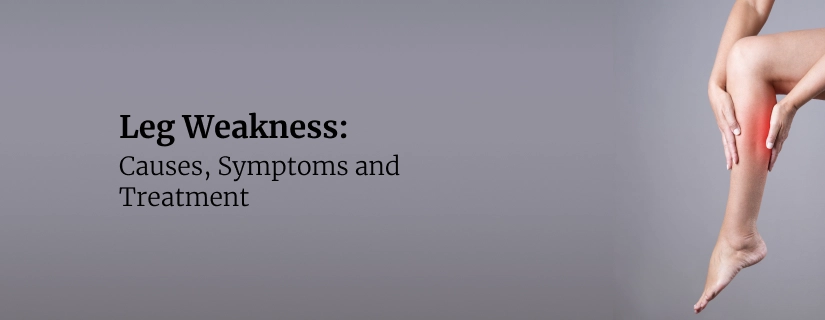
Leg Weakness: Causes, Symptoms and Treatment
9 January 2026
Read More
-

Back Pain After C-Section: Causes and Home Remedies
9 January 2026
Read More
-

Belly Button Pain (Periumbilical Pain): Causes, Treatment and When to See a Doctor
9 January 2026
Read More
Have a Question?
If you cannot find answers to your queries, please fill out the enquiry form or call the number below. We will contact you shortly.




